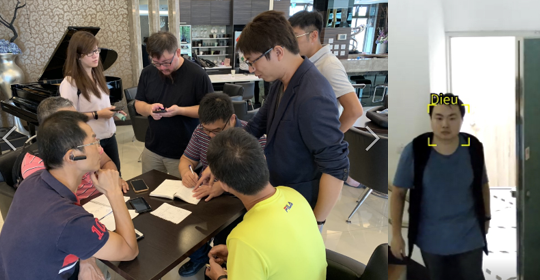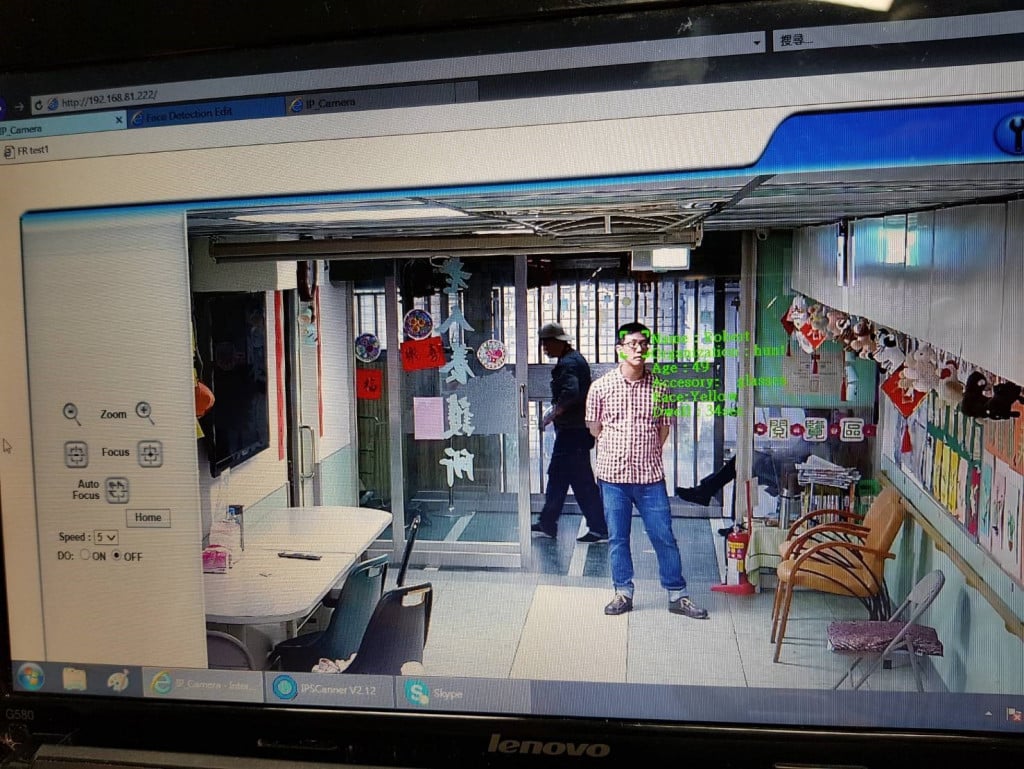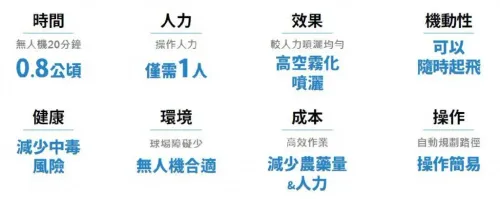【2020 Application Example】 AI Roll Call to Monitor Elderly Entry/Exit and Solve Staffing Shortages in Daycare Centers
The silver storm is coming! Taiwan will enter an 'ultra-aged society' by 2026. Daycare centers across Taiwan are facing a 'staffing shortage,' with AI facial recognition introduced to monitor entries and exits, making reliance on AI for roll calls a comforting solution for day centers.
How serious is the aging population issue in Taiwan? Let's consider a figure: by 2018, the proportion of the elderly population (aged 65 and above) in Taiwan had already exceeded 14%, officially entering an aged society.
Moreover, according to estimates by the National Development Council, Taiwan will enter an 'ultra-aged society' (where the elderly population exceeds 20%) by 2026, aging even faster than Japan. The council also predicts that by 2065, Taiwan's elderly population will exceed 40%, implying that every 1.2 working individuals will need to support one elderly person. Faced with a massive elderly population, daycare centers are bound to experience severe staffing shortages.
The informatization of Taiwan’s long-term care institutions is insufficient and urgently needs AI technology to address the staffing crisis.
Ian Wen, the vice-president of the Taiwan Long-Term Care Association National Federation, which has 800 members, states that unlike the medical industry continuously incorporating cutting-edge technology, Taiwan's long-term care sector has not benefited from Taiwan's world-class technological advances. Small and medium-sized institutions depend heavily on manual labor. With the introduction of AI technology to solve transformation problems, there can be substantial benefits for both the institutions and the elderly.
Responding to the industry's urgent calls, the Ministry of Economic Affairs' Industrial Development Bureau and the Institute for Information Industry have been actively seeking solutions. Initially, the Institute focused on needs, collaborating with the Long-term Care Association to visit multiple institutions and understand their issues. Most venues claimed that controlling exact attendance of elderly residents daily is necessary to comply with the long-term care subsidies.
Just before 7 AM, care recipients come in wheelchairs, with canes, driven by family members at the back door, and some who are supposed to arrive yet remain unseen. The chaos at the entrance -- elders, families, and caregivers talking and bustling around -- makes it impossible to even hear each other. By the time the roster call finishes, breakfast bought early in the morning is still sitting on the table... This is a typical morning for caregivers at the daycare centers.
AI roll calls help solve current issues of staffing shortage and information inaccuracy.
Daycare centers commonly face issues with seniors having irregular attendance and check-in times. Current operations only manage these through manual registration. With multiple entrances, large and multi-level premises, and complex traffic including caregivers, administrative staff, elders, their families, and visitors, it's challenging to effectively manage them.
Additionally, manual roll calls can lead to errors during busy hours and even create misunderstandings regarding subsidy counts, causing problems for both the Ministry of Health and Welfare and the providers. Thus, industry stakeholders are keen on using AI-enhanced devices to help healthcare staff, reduce manual documentation, and free up administrative staff time to assist more elderly care recipients.
With the mediational and advisory support from the Information Industry Institute, security monitoring providers Qizhuo Technology and Hangte Electronics have integrated facial recognition technology into long-term care institutions. By setting up facial recognition devices at entrances and creating an innovative long-term leasing business model, they not only solve budget and staffing issues for small and medium-sized institutions but also help electronic device providers find suitable field verification sites, effectively solving problems for both supply and demand sides.

▲ Qizhuo Technology solution implementation, left shows discussions with venue staff about installation details, right shows the detection screen

Facial recognition technology in long-term care progresses rapidly, capable of replacing the manual roll call systems and assisting caregivers during nighttime inspections, ensuring the whereabouts of elderly residents. The application within daycare centers is expected to continue expanding.
「Translated content is generated by ChatGPT and is for reference only. Translation date:2024-05-19」


